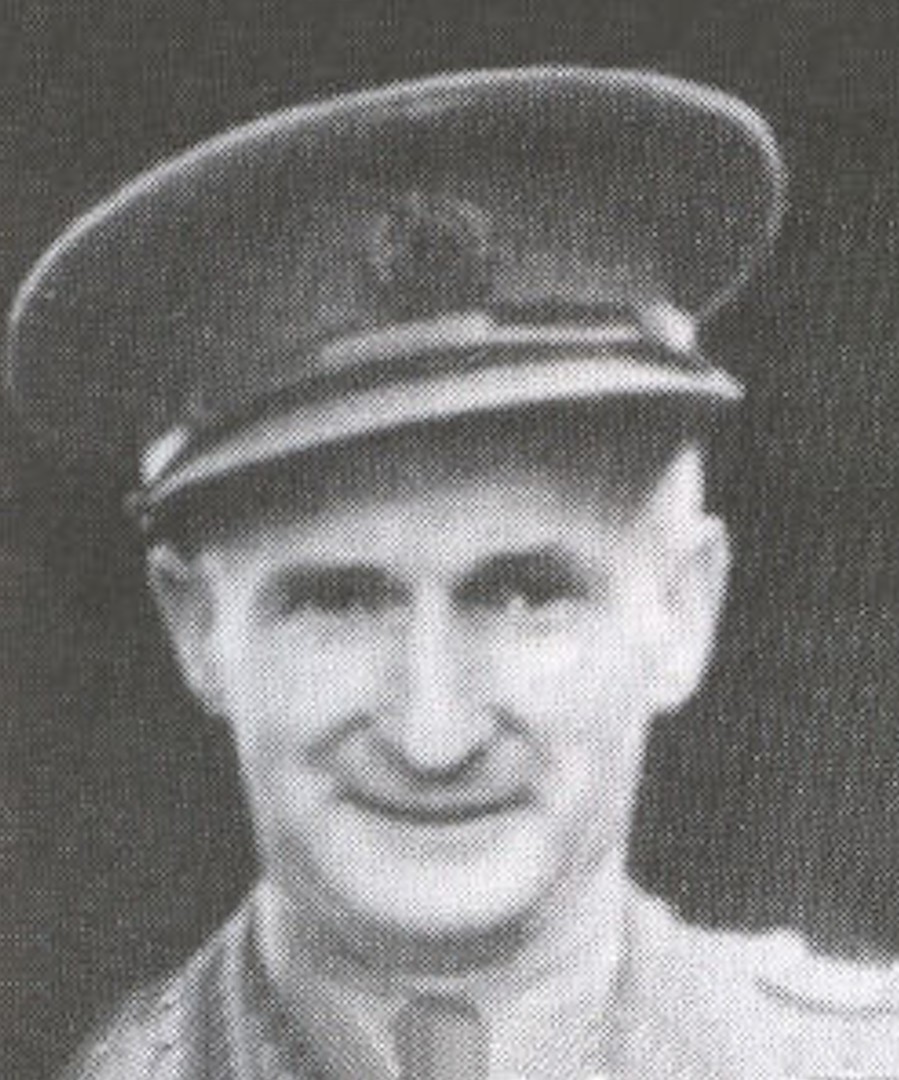On the night of 14 October 1940, Coventry was hit heavily by a Luftwaffe raid. The Triumph Works, Sandy Lane had been hit by bombs. This included an unexploded bomb (UXB) which needed to be removed as it prevented production for 1,000 workers and was a danger to other buildings.
Second Lieutenant Alexander ‘Sandy’ Campbell, 9th Disposal Company, Royal Engineers attended the Triumph Works with his unit. The 250lb unexploded bomb was located and work commenced by Sandy and his men to safely remove it. The time delayed fuse was found impossible to remove and over the next 48 hours the men worked to remove the bomb. Sandy applied a discharge tool even though he believed that the mechanisms electrical charge in the fuse was inactive.
They eventually loaded the UXB onto a lorry and began to transport it away from the city to Whitely Common which was 3.2km (2 miles) away. During the transportation of the UXB, Sandy lay next to the bomb listening out in case the mechanism to detonate the bomb began. Once at Whitley Common the bomb was unloaded and safely detonated by his men.
On 18 October, Sandy and his men were once again called into action to remove another identical UXB. It was removed from the works and transported to Whitley Common. Upon unloading, the UXB detonated, killing Sandy and six other men.
On 25 October a funeral service was held at Coventry Cathedral for the men. They were collectively buried in a grave at London Road Cemetery in Plot 348, Grave 46, now marked with a Commonwealth War Grave Commission headstone.
Sandy was awarded the George Cross for his gallantry in removing the UXB on 18 October 1940. There is a memorial plaque at Whitley Common, 1.6km (1 mile) south of the cemetery, that commemorates all the Royal Engineers that were killed by the UXB on 18 October 1940.
